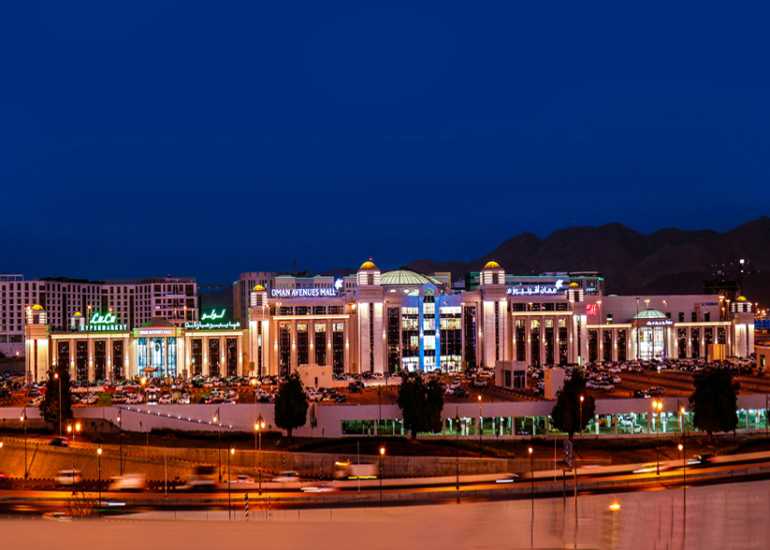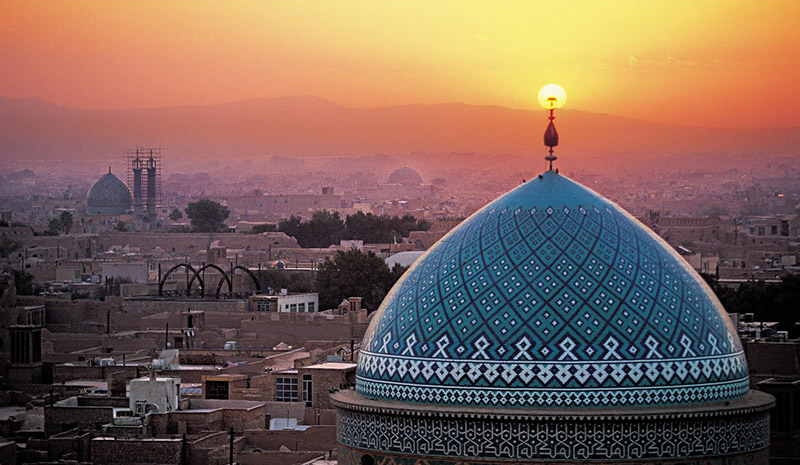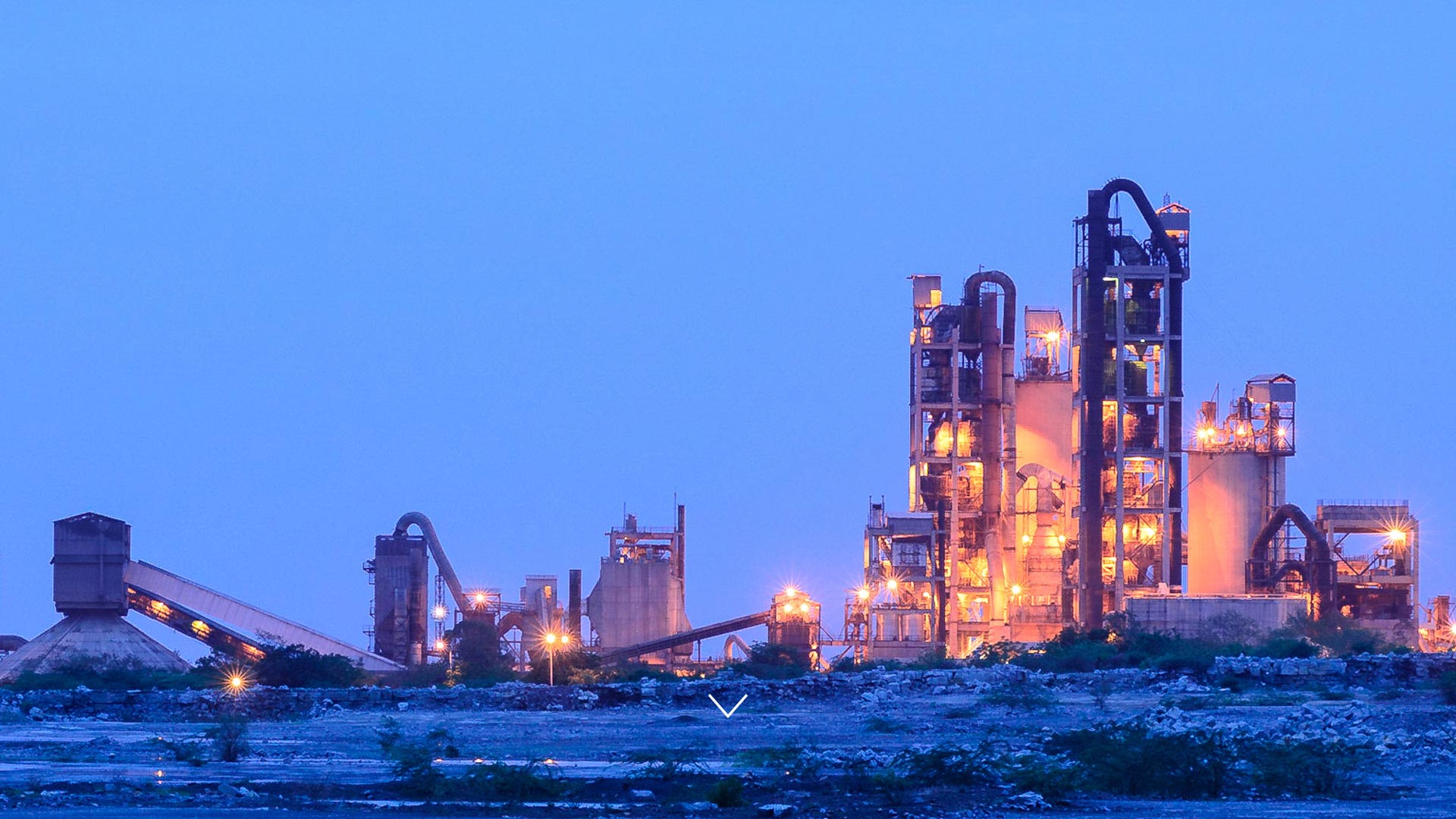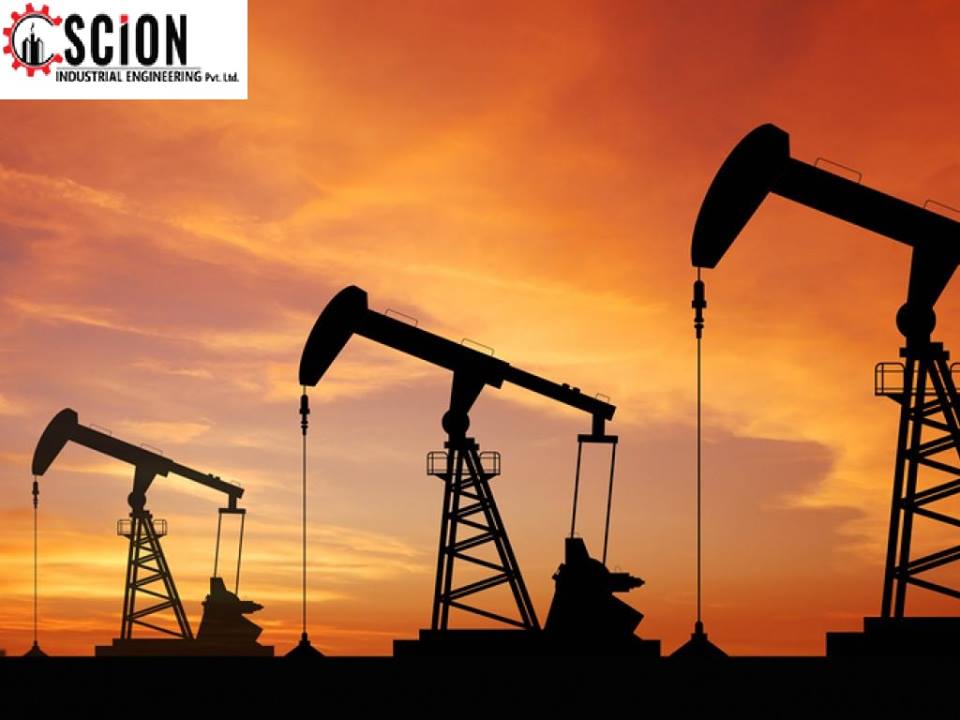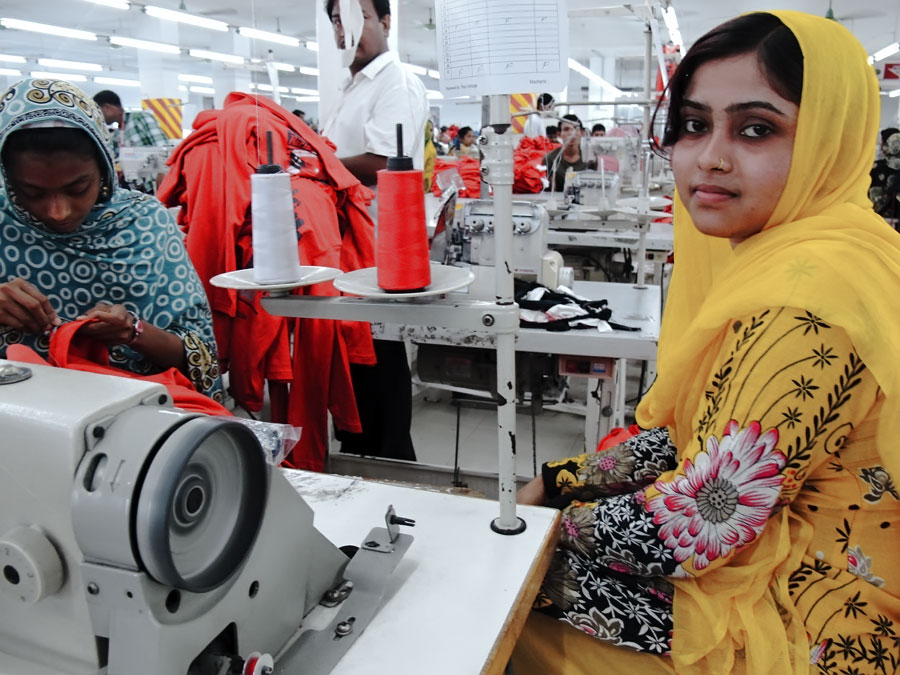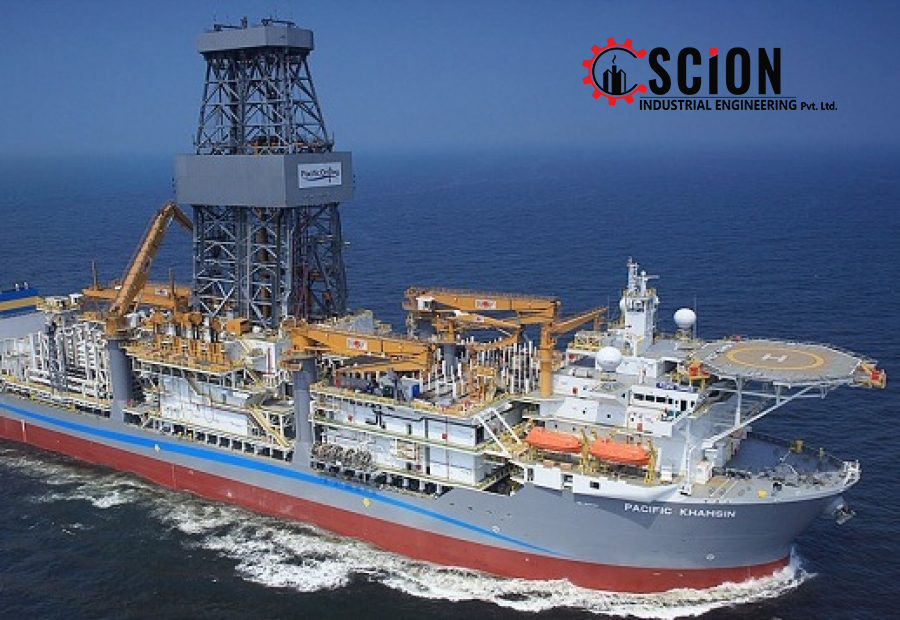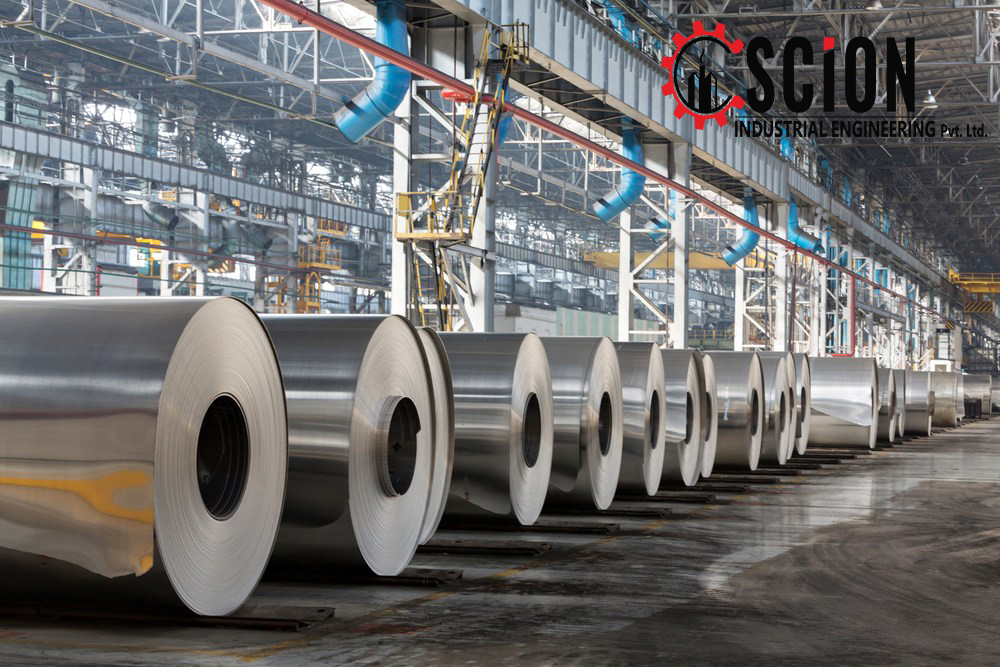“The second phase of the project comprises unique units in a variety of areas that meet the ambitions and desires of customers by providing a number of commercial units under the ‘franchise system’ to achieve the highest investment return for customers in its project,” said Adel Abdel Moneim — Chairperson of LUD’s Board of Directors.
Lozan Urban Development (LUD) announced the launch of the second phase of its Apex Business Complex in the Downtown area of the New Administrative Capital (NAC).
“The second phase of the project comprises unique units in a variety of areas that meet the ambitions and desires of customers by providing a number of commercial units under the ‘franchise system’ to achieve the highest investment return for customers in its project,” said Adel Abdel Moneim — Chairperson of LUD’s Board of Directors.
Abdel Moneim added that the new phase includes a variety of facilities and flexible payment systems provided by the company to its customers in accordance with their different needs.
He explained that the mixed-use project comprises administrative, commercial, and medical units on an area of 2,600 sqm with investments of approximately EGP 700m.
The project also includes a ground floor and 12 storeys with a variety of units, with areas starting from 35 metres up to 100 sqm.
The chairperson added that the company offers payment plans with 5% down payment and payment periods up to 12 years, and that it expects to fully deliver the project within four years of construction.
He also noted that LUD has contracted engineering consultant office HAFEZ Consultants for the project’s engineering designs, in addition to CAD — a business management company — as a management and operating consultant to ensure the operation and management of the Apex Business Mall.
LUD has succeeded in developing a number of various projects in Abu Dhabi, UAE, with investments that exceeded AED 250m, in addition to its strategic partnership with a number of companies operating in the NAC with investments of up to EGP 300m.
Moreover, the company is currently working on a number of administrative, commercial, residential, and tourism projects in the Delta’s governorates with investments amounting to EGP 350m.
https://dailynewsegypt.com/2022/07/25/lozan-urban-development-launches-2nd-phase-of-apex-business-mall-at-nac/

